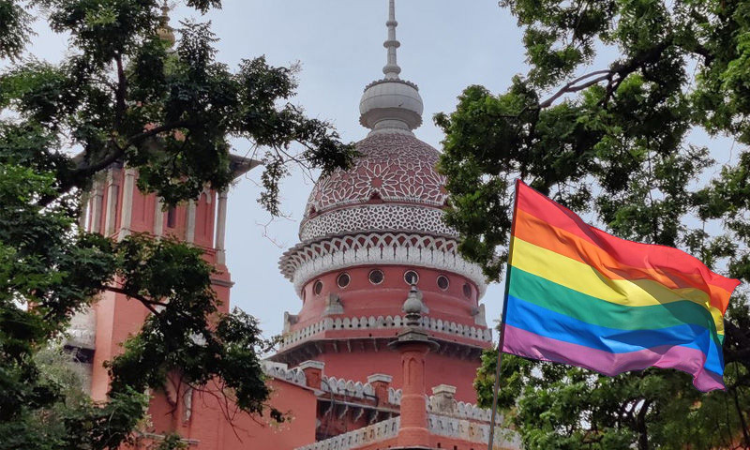Madras High Court Directs Sensitization Of School Teachers On LGBTQIA+ Students Issues
Upasana Sajeev
10 April 2022 9:02 AM IST

Next Story
10 April 2022 9:02 AM IST
The Madras High Court on Friday directed the State Government to organize a program spanning from 6-8 weeks inviting one teacher from every school for sensitization on dealing with issues relating to children belonging to the LQBTQIA+ community. The bench of Justice Anand Venkatesh was hearing a petition filed by a lesbian couple who were being harassed by the parents and the police....
